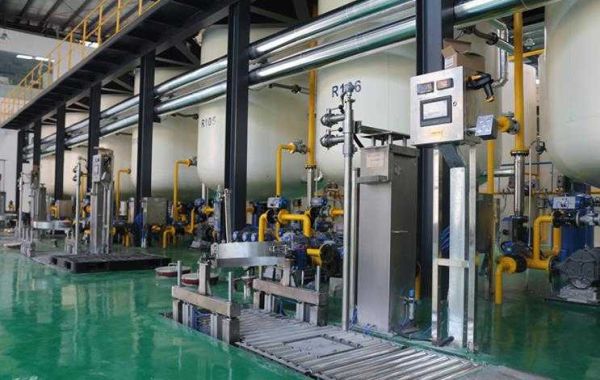Key Skills Required for Lube Oil Blending Personnel
To excel in a lube oil blending plant, personnel must develop a range of skills, including:
Technical Knowledge: Understanding the chemical properties of base oils and additives is fundamental. Training programs should cover topics such as viscosity, pour point, flash point, and the function of various additives in lubricant formulations.
Operational Proficiency: Familiarity with the equipment used in the blending process, such as mixing tanks, pumps, and filtration systems, is essential. Hands-on training and simulations can help employees become proficient in operating these machines safely and efficiently.
Quality Control: Personnel must be trained in quality assurance and control procedures. This includes understanding how to conduct tests on blended lubricants to ensure they meet industry specifications and customer requirements.
Problem-Solving Skills: Challenges can arise during the blending process, such as equipment malfunctions or deviations in product quality. Personnel should be trained to identify problems quickly and implement effective solutions to minimize downtime and maintain product integrity.
Safety Awareness: The handling of chemicals and operation of heavy machinery in a lube oil blending plant come with inherent risks. Safety training is crucial to ensure that personnel understand safety protocols, emergency procedures, and the proper use of personal protective equipment (PPE).
Implementing Effective Training Programs
To equip employees with the necessary skills, lube oil blending plants should invest in comprehensive training programs. Here are some strategies to consider:
- On-the-Job Training: Pairing new employees with experienced personnel allows for hands-on learning in a real-world setting. This mentorship approach can foster a deeper understanding of daily operations and best practices.
- Workshops and Seminars: Organizing workshops and seminars led by industry experts can provide valuable insights into the latest trends, technologies, and techniques in lube oil blending.
- Online Learning Modules: Developing online training modules allows employees to learn at their own pace. Topics can range from basic chemistry principles to advanced blending techniques, ensuring a well-rounded education.
- Certification Programs: Encouraging employees to pursue industry-recognized certifications can enhance their expertise and add value to the lube oil blending plant. Certification programs also demonstrate a commitment to professional development.
- Continuous Improvement Initiatives: Creating a culture of continuous improvement can motivate personnel to seek out new knowledge and skills. Regular assessments and feedback can help identify areas for growth and improvement.
The Benefits of Investing in Personnel Training
Investing in the training and skill development of lube oil blending personnel offers numerous benefits:
Increased Efficiency: Well-trained personnel can operate equipment more effectively, leading to improved production rates and reduced downtime.
Enhanced Quality: A skilled workforce is more likely to produce high-quality lubricants that meet or exceed industry standards, resulting in higher customer satisfaction.
Safety Improvements: Comprehensive safety training reduces the likelihood of accidents and injuries, fostering a safer working environment.
Employee Retention: Organizations that invest in employee development are more likely to retain skilled personnel, reducing turnover costs and maintaining a knowledgeable workforce.
Conclusion
In the competitive landscape of the lube oil blending industry, having a well-trained and skilled workforce is paramount. A lube oil blending plant thrives on the expertise of its personnel, and investing in their training and development is essential for achieving operational excellence. By prioritizing education and skill enhancement, companies can ensure that their employees are equipped to meet the challenges of the industry and contribute to the overall success of the organization. The future of lube oil blending depends on the dedication to continuous improvement and the commitment to fostering a knowledgeable workforce.







